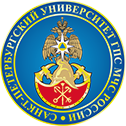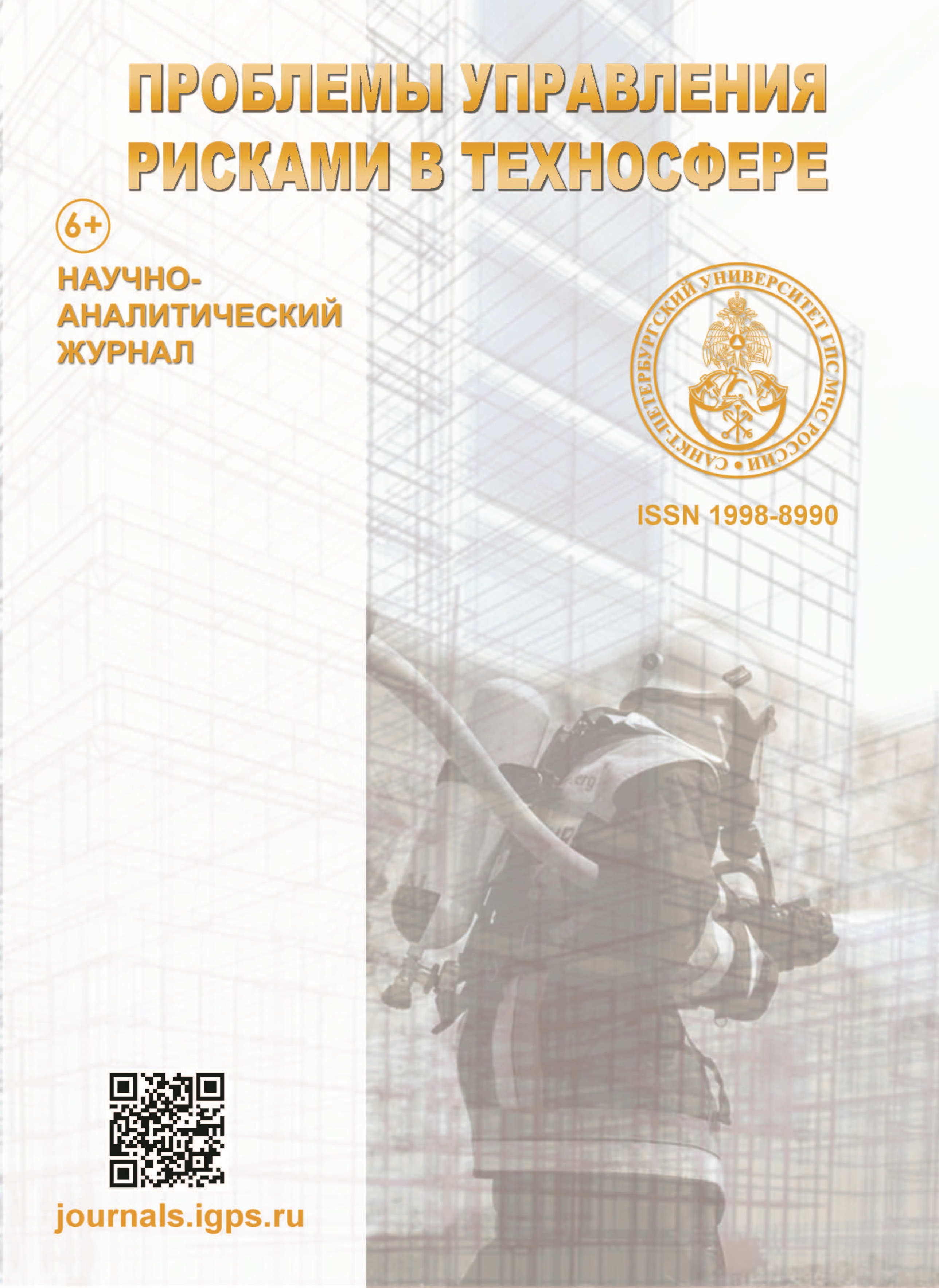Russian Federation
Russian Federation
Safety problems in the operation of rack ships are given increased attention both in Russia and abroad. In order to improve the regulatory framework, the urgent issue of assessing the fire safety requirements of rack vessels is being raised. At the same time, vessels operated as hotels, restaurants, nightclubs, etc., so as public facilities are considered. The study applied the methodology of processing, analysis and systematization of fire safety requirements for rack ships and public buildings. The evaluation of the study results was carried out by comparing the fire safety regulatory requirements of rack ships and buildings. Based on the processing, analysis and systematization of the results obtained, draft proposals for further implementation in regulatory documents were developed, including the following main sections: «Assessment of expediency of making changes to the regulatory documentation on fire safety of rack ships (Marine and River registers of the Russian Federation)» and «Proposals for improvement (change) of the regulatory framework applicable to rack non-self-propelled ships».
fire supervision, rack ships, public buildings, fire safety requirements
1. On the improvement of control and supervisory activities of the state inspectorate for small vessels of the Russian Ministry for emergency situations / N.N. Kopeykin [et al.] // International Journal of Civil Engineering and Technology (IJCIET) – Scopus Indexed. 2018. № 9 (12). P. 93–104.
2. Kopejkin N.N., Dali F.A. K voprosu sovershenstvovaniya normativnoj bazy po pozharnoj bezopasnosti stoechnyh sudov // Problemy upravleniya riskami v tekhnosfere. 2024. № 2 (70). S. 149–158.
3. Parfenenko A.P., Bryuhov E.N., Kuznecov A.A. Problemy modelirovaniya evakuacii lyudej iz nochnyh klubov // Tekhnosfernaya bezopasnost'. 2024. № 1 (42). S. 12–25.
4. Shurpyak V.K. Razrabotka trebovanij Registra k stoechnym nesamohodnym sudam, prednaznachennym dlya ekspluatacii bez dokovaniya // Trudy Krylovskogo gosudarstvennogo nauchnogo centra. 2021. Spec. vyp. 1. S. 329–331.
5. Butchenko V.N., Krepak S.V. Problemy pravovogo obespecheniya gosudarstvennogo portovogo kontrolya za sudami i plavuchimi ob"ektami na vnutrennih vodnyh putyah Rossijskoj Federacii // Velikie reki – 2020: materialy Mezhdunar. nauch.-metod. konf. N. Novgorod, 2020. URL: http://vf-reka-more.rf/2020/PDF/17_3.pdf (data obrashcheniya 25.09.2024).
6. Shahryar H. Floating Building Opportunities for Future Sustainable Development and Energy Efficiency Gains // Architectural Engineering Technology. 2015. № 2. P. 1–6.
7. Floating buildings in the hotel, catering and water tourism industry in Poland – Business environment survey / Ł. Piątek [et al.] // Journal of Water and Land Development. 2020. № 45 (IV–VI). P. 100–106. DOI:https://doi.org/10.24425/jwld.2020.133051.
8. Fire safety design of Nile-floating hotels / A.M. Salem [et al.] // Ships and Offshore Structures. 2016. Vol. 11. № 5. P. 482–500.
9. Tekhnicheskij reglament o trebovaniyah pozharnoj bezopasnosti: Feder. zakon ot 22 iyulya 2008 g. № 123-FZ (v red. ot 14 iyulya 2022 g.). Dostup iz sprav.-pravovoj sistemy «Konsul'tantPlyus».
10. Vagin A.V., Dali F.A., Shidlovskij G.L. Analiz narushenij normativnyh trebovanij v oblasti pozharnoj bezopasnosti v stroitel'stve: ucheb. SPb.: S.-Peterb. un-t GPS MCHS Rossii, 2022. 370 s.







